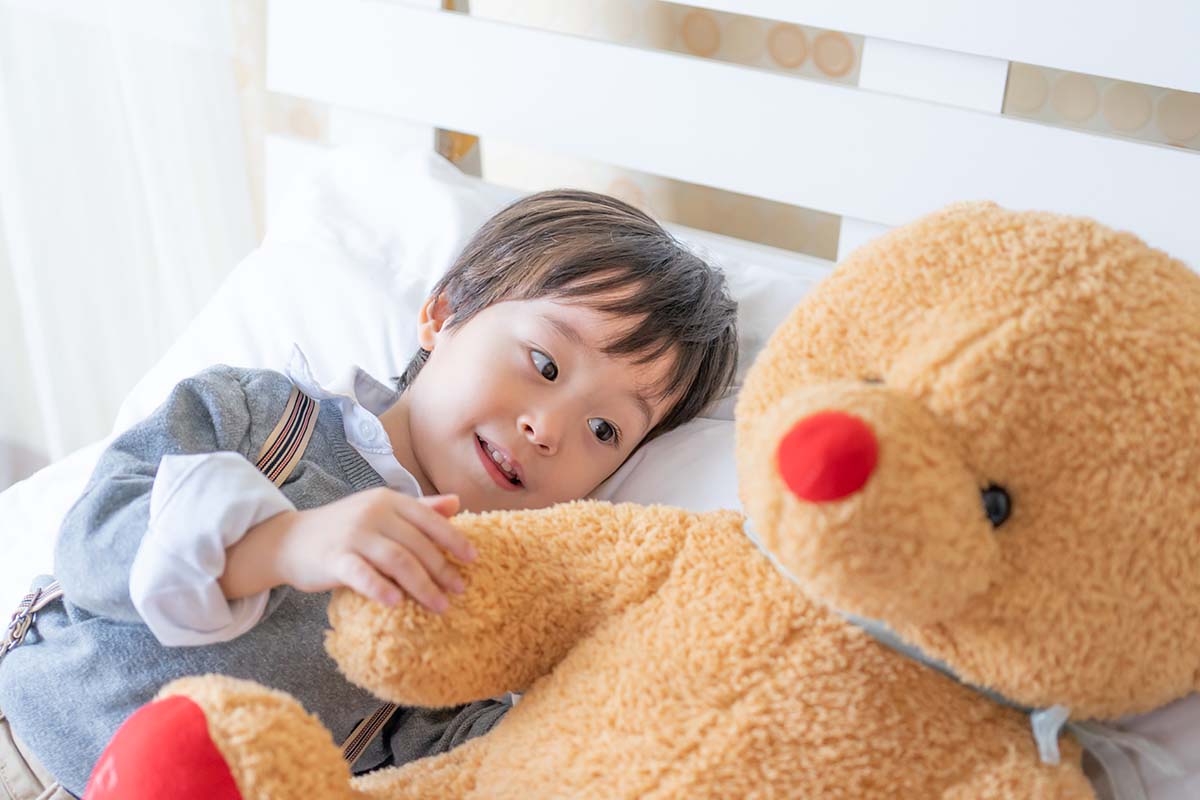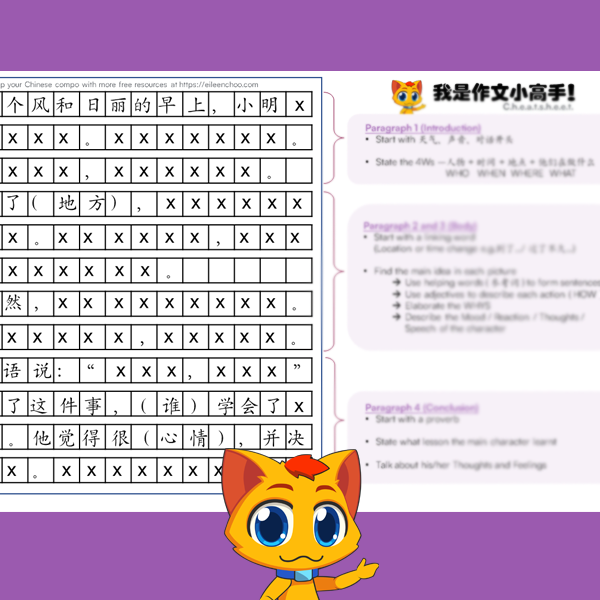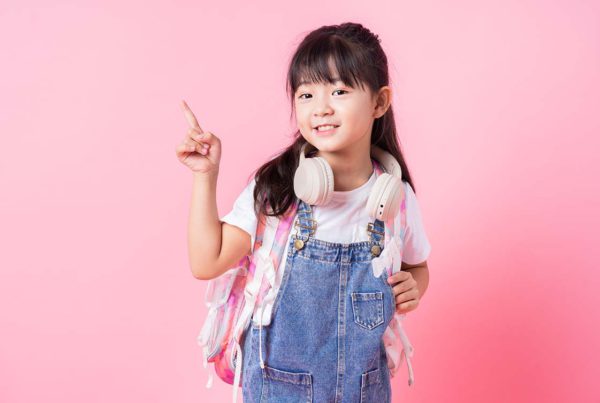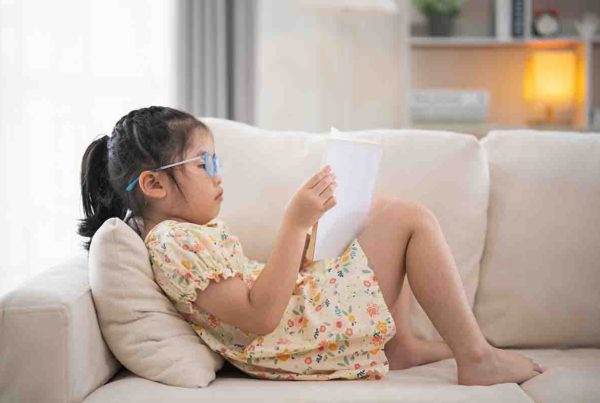
In this post, let’s learn how to say simple Chinese greetings that you can use when you meet someone at different times of the day.
After learning these phrases, you’ll be able to greet anyone in Chinese with “good morning”, “good afternoon” or “good evening” and show them how polite you are.
Let’s begin by learning a variety of greetings to say to someone in the morning.
How do you greet someone in Chinese in the morning?
Here are 3 ways to say “Good morning”:
- 早 (zao3)(Literally translates to “early”)
- 早安 (zao3 an1 ) (Literally translates to “early” and “safe”)
- 早上好 (zao3 shang4 hao3) (Literally translates to “morning” and “good”)
Use the first expression 早(zao3)when you are greeting your friends in school or at work. This is usually more friendly and casual.
“早安 (zao3 an1 )” and “早上好 (zao3 shang4 hao3)” are more formal versions of “Good morning”. Use them to greet colleagues or elders.
In Singapore, most people say 早(zao3)or 早安(zao3 an1 ) when they see each other in the morning.
How do you greet someone in Chinese in the afternoon?
We say 午安 (wu3 an1) or 下午好 (xia4 wu3 hao3). Both of them means the same as “Good afternoon”.
Just like before, the first greeting is more casual than the second way, so pick them according to who you are greeting.
If you are talking to friends, say 午安 (wu3 an1). If you are hosting a meeting or greeting your elders, you might want to say 下午好 (xia4 wu3 hao3) instead to show respect.
What greeting do you use at night?
Let’s start with the casual expression – 晚安(wan3 an1). You can use this during bedtime if you want to greet your siblings or parents good night.
However, if you are in a more formal setting, use 晚上好 (wan3 shang4 hao3) instead.
Here’s something interesting about these 2 greetings. The phrase 晚上好 (wan3 shang4 hao3) can also be used to greet someone that you meet in the evening. However, please do not greet anyone with 晚安(wan3 an1) when you meet them in the evening. That’s going to sound really awkward unless you are leaving and meant to use it as a polite way to say goodbye.
Conclusion
Now that you’ve learnt these greetings in Chinese, practise using them to greet someone you meet at different times of the day and see what responses you get.
What other Chinese greetings do you want to learn?






